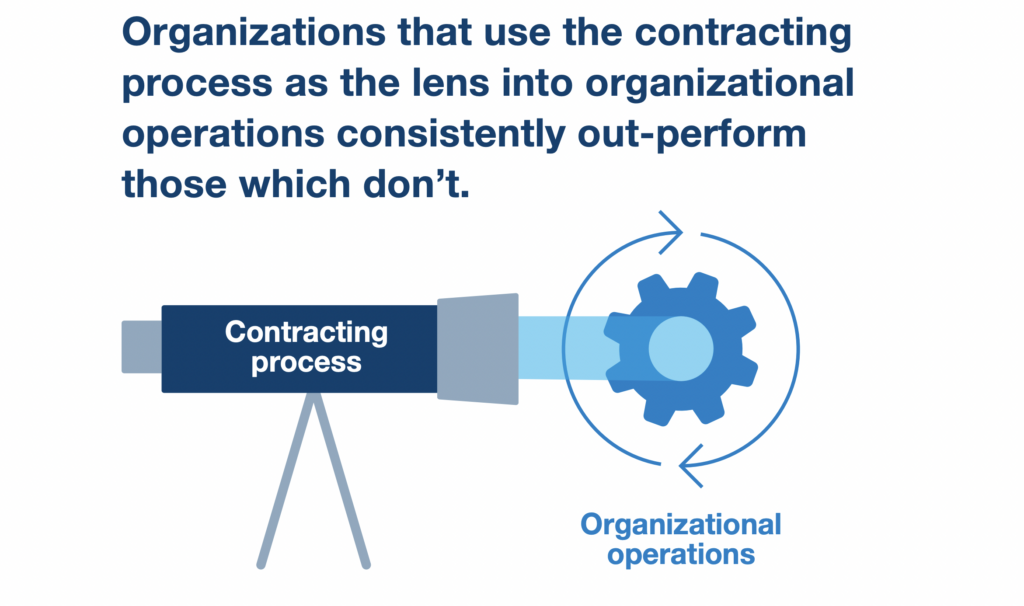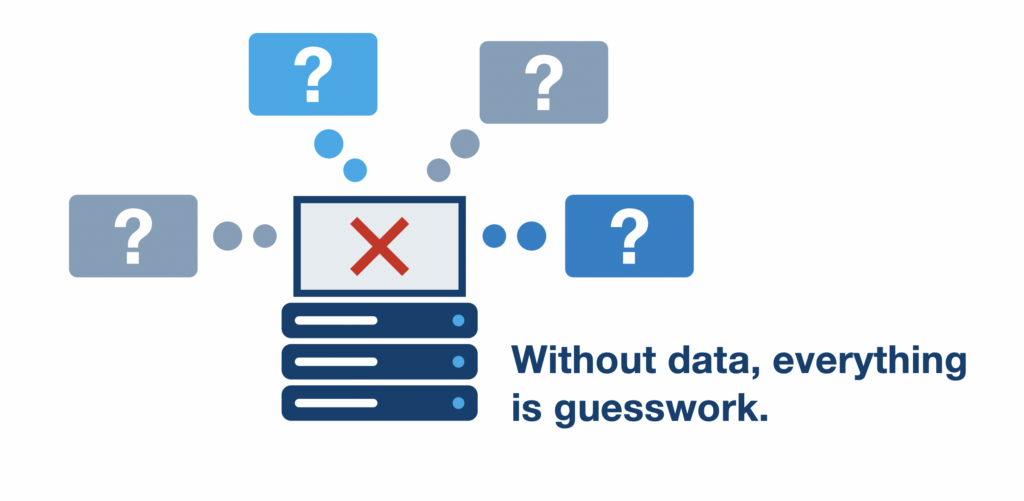Automated Contract Management Systems: Streamlining Contract Lifecycle Management
Dec 22th, 2024
Managing contracts manually is a challenge many businesses face, often leading to inefficiencies, bottlenecks, and increased risk. Contracts serve as the foundation of business relationships, yet traditional methods of handling them can slow operations, delay agreements, and introduce costly errors.
An automated contract management system provides a solution to these challenges by streamlining the entire contract lifecycle. From drafting and reviewing agreements to managing compliance and tracking obligations, automation enables businesses to improve efficiency, reduce risk, and focus on strategic goals.
As innovations in contract operations continue to evolve, advanced systems are transforming contract management. This article explores the key benefits and features of automated solutions, offering insights into how businesses can leverage these tools to unlock the full value of their contracts.
Quick Takeaways
- An automated contract management system streamlines processes, reduces errors, and minimizes compliance risk.
- Combining AI-powered tools with human oversight ensures speed, accuracy, and nuanced decision-making in contract management.
- Automation unlocks opportunities for cost savings, improved vendor relationships, and increased revenue capture.
- Choosing scalable, integrated systems helps businesses adapt to growth while maintaining efficient workflows.
🤫 P.S. Want to master the language of contract management? Check out The Complete Contract Lifecycle Management Glossary and Acronym Guide!
The Case for Automation in Contract Management
Contracts are integral to every business, connecting multiple departments such as sales, legal, finance, and procurement. However, relying on manual processes to manage contracts often results in significant challenges:
- Fragmentation Across Departments: Without a centralized system, contract data is siloed, creating bottlenecks and making collaboration difficult.
- Increased Risk and Delays: Manual reviews and approvals are time-consuming and prone to errors, exposing businesses to missed deadlines, non-compliance, and financial penalties.
- Missed Opportunities: Inefficient contract processes don’t just waste time—they impact the bottom line. Studies show that 57% of business development leaders report slower revenue growth due to contracting inefficiencies, and half of organizations have missed out on new business opportunities.
An automated contract management system addresses these pain points by introducing consistency, efficiency, and reliability. It streamlines workflows, reduces manual effort, and ensures contracts are managed as strategic assets rather than administrative burdens. For businesses aiming to mitigate risk while maximizing efficiency, automation is a necessity.
Key Features of an Automated Contract Management System
The success of an automated contract management system lies in its ability to simplify complex processes and provide businesses with the tools they need to manage the contract lifecycle effectively. Key features include:
1. Centralized Contract Repository
A secure, organized repository allows businesses to store, search, and access contracts in one location. This eliminates data silos, enhances visibility, and ensures critical documents are easily retrievable during audits, negotiations, or compliance checks.
2. AI-Powered Capabilities
Automation leverages AI to draft, review, and analyze contracts with speed and precision. These tools can flag risky terms, ensure compliance with predefined standards, and simplify obligation tracking, reducing missed deadlines and financial liabilities.
3. Integrated Workflows for Collaboration
Modern systems facilitate seamless collaboration across departments. Integrated workflows streamline communication, approvals, and updates, reducing delays and ensuring consistency.
4. Scalability and Adaptability
Businesses evolve, and so should their contract management systems. Automated tools can scale to meet growing needs, supporting larger volumes of agreements or more complex requirements as organizations expand.
By implementing these features, businesses can transform their approach to contract management, driving greater efficiency and reducing the risk associated with manual processes.
Business Value of Automated Systems
An automated contract management system offers more than just operational efficiency—it drives measurable business value by turning contracts into strategic assets.
Organizations that view their contracting processes as a window into their overall operations consistently perform better than those that do not, according to Deloitte.

This perspective enables businesses to identify inefficiencies, enhance compliance, and make data-driven decisions that align with broader strategic goals.
1. Operational Gains
Automation eliminates repetitive tasks and reduces bottlenecks in the contract lifecycle:
- Faster Contract Cycles: Streamlined drafting, review, and approval processes accelerate agreements, helping businesses close deals sooner.
- Enhanced Accuracy: By minimizing human error, businesses can ensure compliance with legal and organizational standards.
- Cost Efficiency: Automation reduces reliance on manual labor, freeing up resources for higher-value activities.
2. Strategic Insights
Effective contract management goes beyond execution by providing actionable data:
- Improved Relationships: Enhanced visibility into obligations helps strengthen partnerships and foster trust.
- Revenue Capture: Automated systems track renewals and obligations, preventing missed opportunities and revenue leakage.
- Cost Savings: With clean, accurate data, businesses can negotiate better terms and manage expenses effectively.

By streamlining processes and providing insights, automation enables organizations to make informed decisions that align with their broader strategic goals.
Best Practices for Choosing and Implementing a Solution
To fully realize the potential of an automated contract management system, businesses should follow these best practices:
1. Evaluate Current Needs
Assess your organization’s pain points and priorities in contract management. Identify inefficiencies, risk, and gaps in existing processes to determine which features are most critical.
2. Select Scalable Tools
Choose a system that grows with your organization. Scalable solutions ensure that your investment remains valuable as your business expands and your contract volume increases.
3. Prioritize Integration
Seamless integration with existing systems, such as customer relationship management (CRM) or enterprise resource planning (ERP) tools, is essential for efficient workflows. Look for solutions that facilitate cross-departmental collaboration.
4. Provide Training and Support
Even the best system requires user buy-in. Invest in comprehensive training and ensure ongoing support to maximize adoption and ROI.
5. Leverage Expertise
Consider solutions that combine advanced technology with expert guidance. For example, some providers integrate AI-powered tools with human oversight, ensuring complex issues are addressed effectively.
By following these best practices, businesses can implement an automated system that not only meets their current needs but also delivers long-term value.
Achieve Efficiency and Strategic Value Today with Contract Logix
An automated contract management system turns contracts into valuable business assets by simplifying workflows, mitigating risk, and delivering actionable insights. Scalable, AI-driven solutions that integrate seamlessly with human expertise empower businesses to operate more efficiently and meet strategic objectives. Start exploring automation today to maximize the value of your contracts.
See how Contract Logix’s advanced tools can optimize your contract processes. Connect with our team to discuss your unique needs or request a personalized demo to experience the benefits firsthand.
Navigate CLM Success With Contract Logix
Download our Data Extraction Product Brief to learn how you can begin to navigate CLM success by automating the hard work using artificial intelligence with one of the best Contract Management Software’s on the market today


